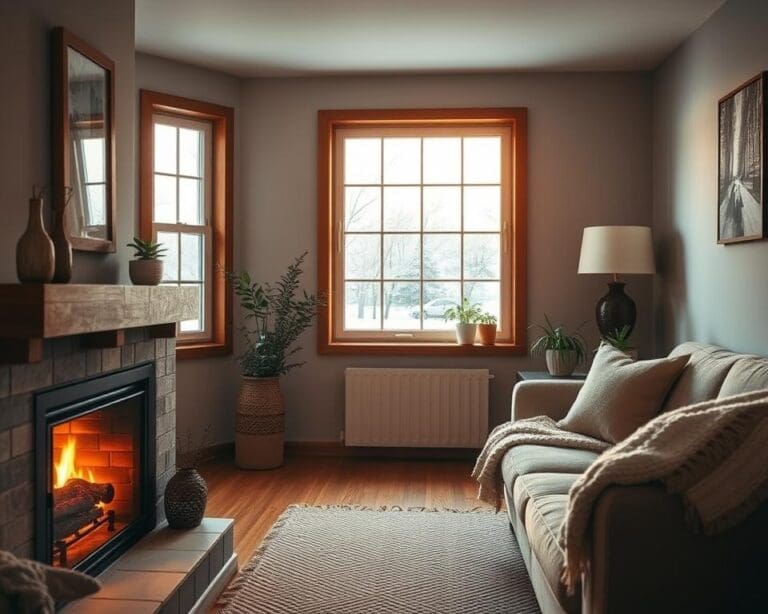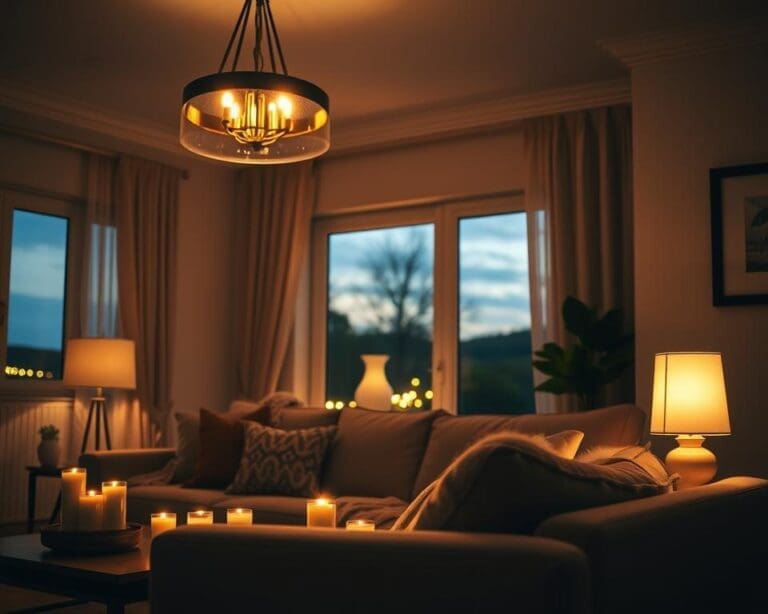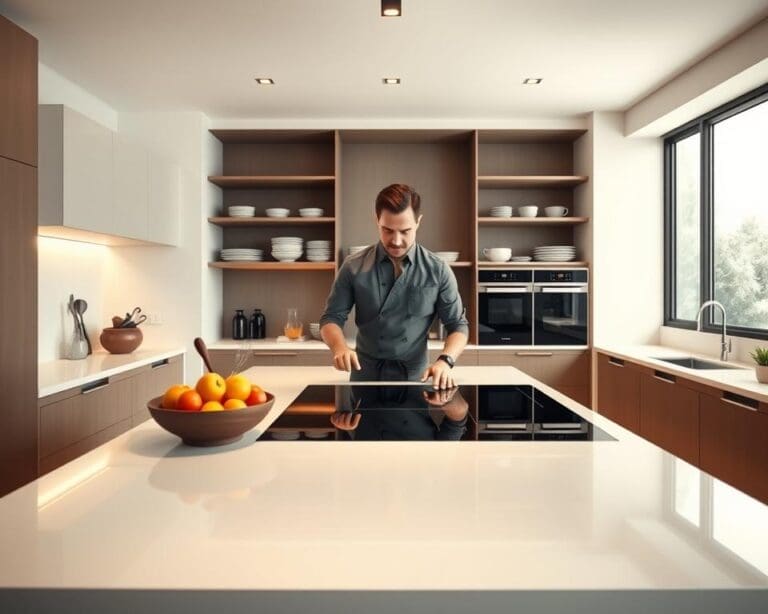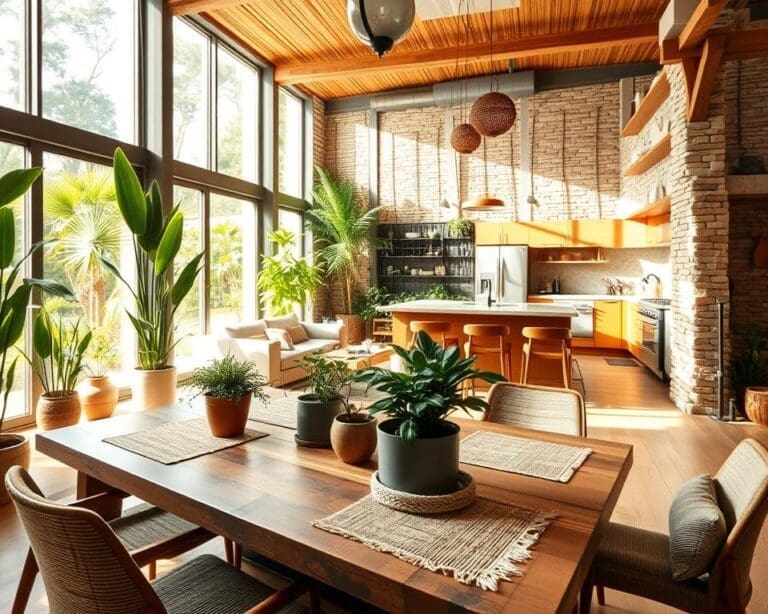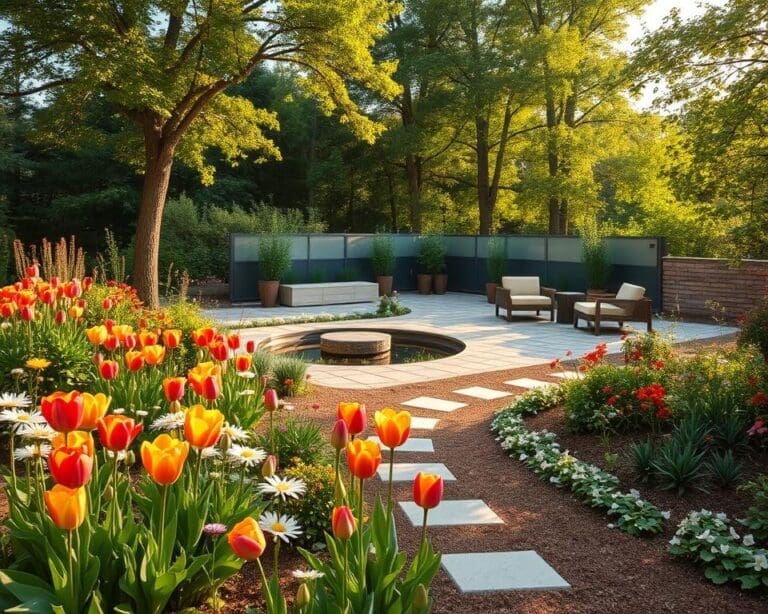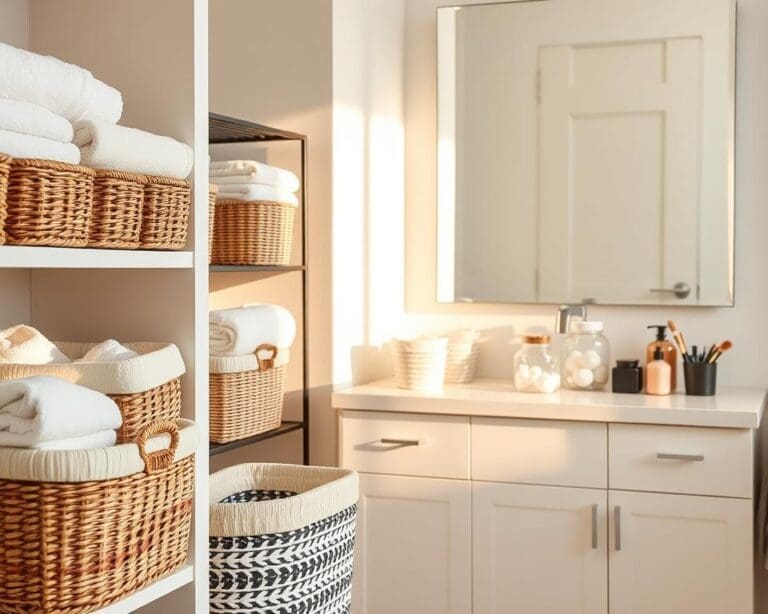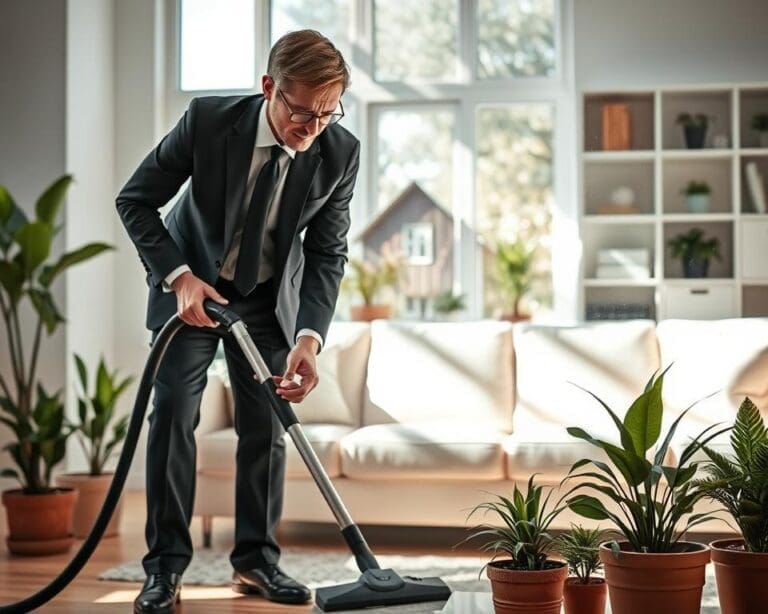In the United Kingdom, many love the idea of growing gardens in containers. It’s a fantastic way to make small spaces like balconies look lively and green. No matter how small your space is, planters help you create your own garden paradise. They offer the chance to pick materials like wood or clay, so your outdoor area looks just how you like it.
Containers also help with ensuring plants get enough drainage, which is crucial due to the frequent rains. There’s a trend towards using recycled materials for planters, showing care for the environment. By selecting plants carefully for their light and water needs, you can craft a garden that changes and blooms through the seasons.
With more people trying out gardening in small spaces, the use of planters means you can move and rearrange your plants whenever you wish. This keeps your garden looking fresh and vibrant. Dive into the world of container gardening and watch your space bloom, no matter its size.
Why Choose Container Gardening for Limited Spaces
Container gardening is a great fit for those with little space. It allows balconies, patios, and windowsills to be turned into green spaces. With pots, gardeners can easily move plants to get better sunlight or avoid bad weather. This flexibility is key for healthy plants when space is tight.
Benefits of Container Gardening
Container gardening has many benefits, appealing to new and experienced gardeners alike. Here are some key advantages:
- Mobility: Moving containers around can help plants get more sun during different seasons.
- Variety: You can grow a wider range of plants, even if your local soil isn’t ideal.
- Accessibility: It’s perfect for city living or small spaces, making gardening accessible to everyone.
- Low Maintenance: It needs less weeding and care, ideal for those who are older or have physical limits.
- Diverse plant choices: It’s great for growing herbs and vegetables, like rosemary, lavender, and tomatoes.
Ideal Plants for Containers
Choosing the right plants is important. Here are some good options:
- Herbs like basil, thyme, and oregano do well in pots and are perfect for cooking.
- Petunias and geraniums offer bright colors and thrive in containers.
- Tropical plants and succulents are great for those wanting to try something exotic.
Pick plants that have the same needs for water and sunlight. Keep an eye out for pests, as containers can attract them. Container gardening unlocks new opportunities for those with limited space to grow plants.
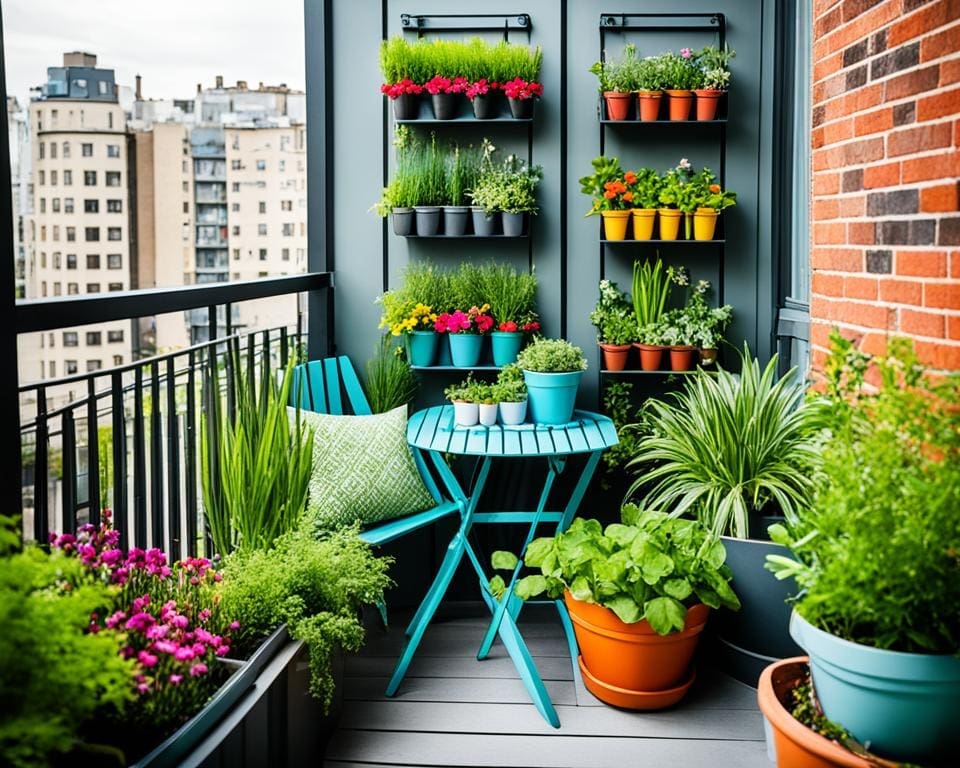
Planters: Growing Your Garden in Any Space
Urban gardening lets you enjoy nature, even in tiny areas. Knowing about soil and drainage for planters is key. The right mix makes your plants flourish.
Understanding Soil and Drainage for Planters
For plants in pots, soil quality is crucial. You need a potting mix that keeps moisture but drains well. Without good drainage, water builds up, risking root rot. This is especially true in winter, when roots are delicate.
A soilless potting mix helps plants breathe and stay moist. Watching moisture levels and checking for excess water keeps plants healthy.
How to Select the Right Container
Choosing the right container is vital for your garden. Things to consider are:
- Size: Larger containers keep moisture longer, needing less watering.
- Material: From ceramic to fabric, each has unique looks and uses.
- Drainage holes: Pick containers with holes to avoid waterlogging.
- Decor matching: Your container should fit your garden’s style.
- Portability: For moving pots, choose lightweight, easy-to-move ones.
Selecting the right container and managing drainage makes your urban garden thrive. Your space turns into a vibrant green haven.
Vertical Gardening Solutions for Small Areas
Vertical gardening turns small spaces into lush, green areas. It uses the space upwards, not outwards. This is perfect for city gardens, balconies, and patios.
Benefits of Vertical Gardening
Vertical gardening has many benefits. It lets you grow more plants in a small space. It also makes urban areas look better. Using trellises, shelves, and hanging planters adds both function and beauty.
A study from Cairo University found vertical gardens improve gardener’s lives in cities. You can use old pallets, plastic bottles, or ladders. This makes gardening sustainable.
- Plants grow better with more air and sunlight.
- You can grow vegetables, herbs, and flowers vertically.
- It’s a chance to be creative and eco-friendly in small spaces.
Anyone can start a vertical garden. You can use plastic bottles or make wooden boxes for flowers. With the right plants, vertical gardens flourish, even in small spaces.
Companion Planting in Container Gardens
Companion planting boosts plant health and yield in container gardens. By selecting plants that grow well together, gardeners can build mini-ecosystems. These systems increase productivity, even in small spaces. Herbs like basil and vegetables such as tomatoes go well together. They taste great together and help keep pests away. But, it’s important to avoid bad matches, like onions and beans, which compete for nutrients.
Companion planting success can vary with the climate. In the UK’s diverse climates, growing certain plant combinations like the Three Sisters (squash, climbing beans, and sweetcorn) in containers can be tough. This is due to limited space. However, with the right planning and understanding of local conditions, bountiful container gardens are possible. Using larger containers can also help, as plants have more room for water and nutrients.
Adding a mix of plants, including flowers like marigold and borage, attracts pollinators and confuses pests. Herbs with strong scents, like garlic and rosemary, help keep pests away. Keeping the soil high-quality and watering well are key to reducing pests. These steps make companion planting more successful. This way, even in cities, you can have a lush, thriving green area.

